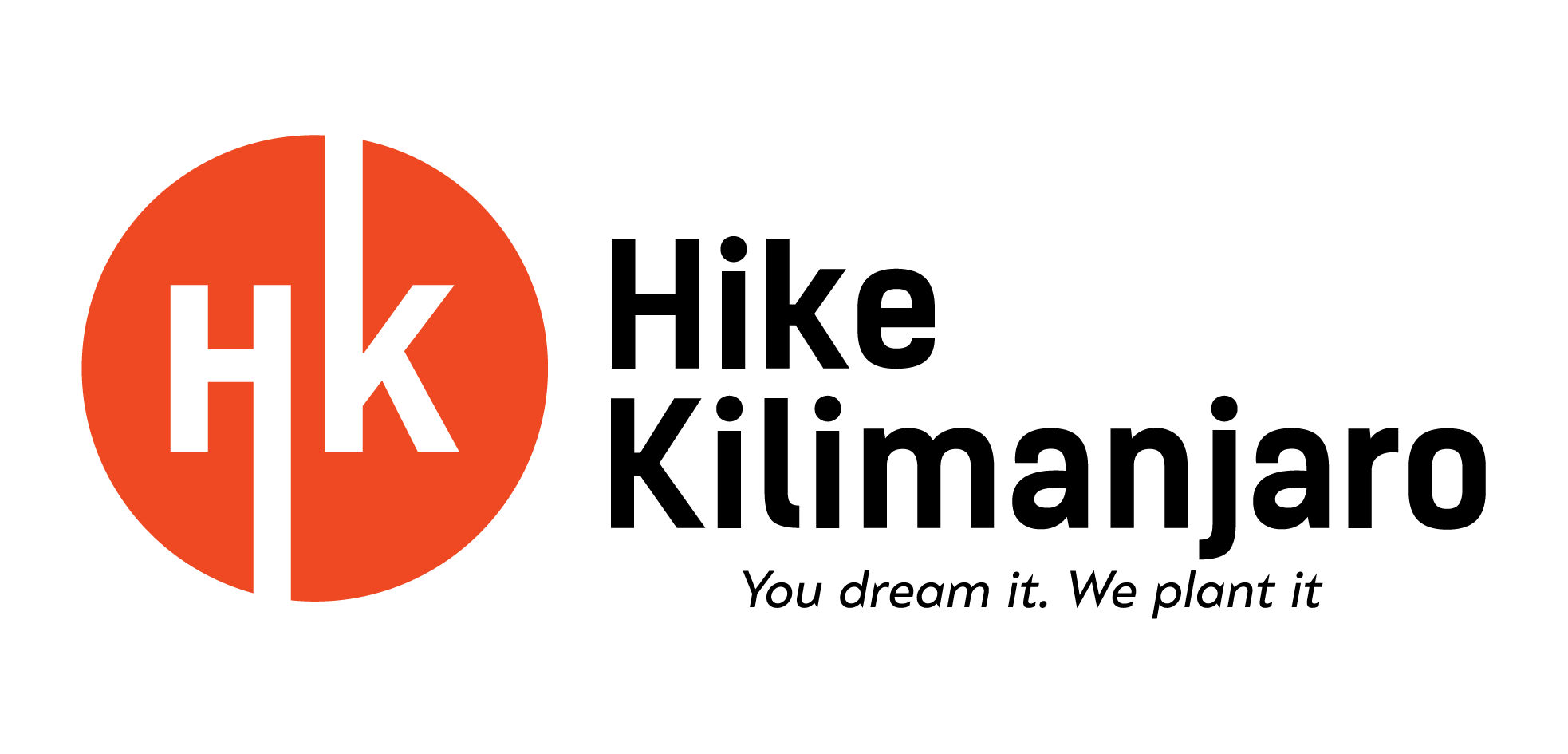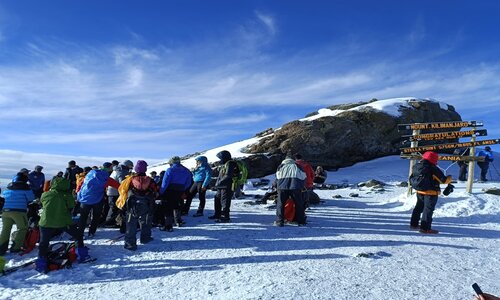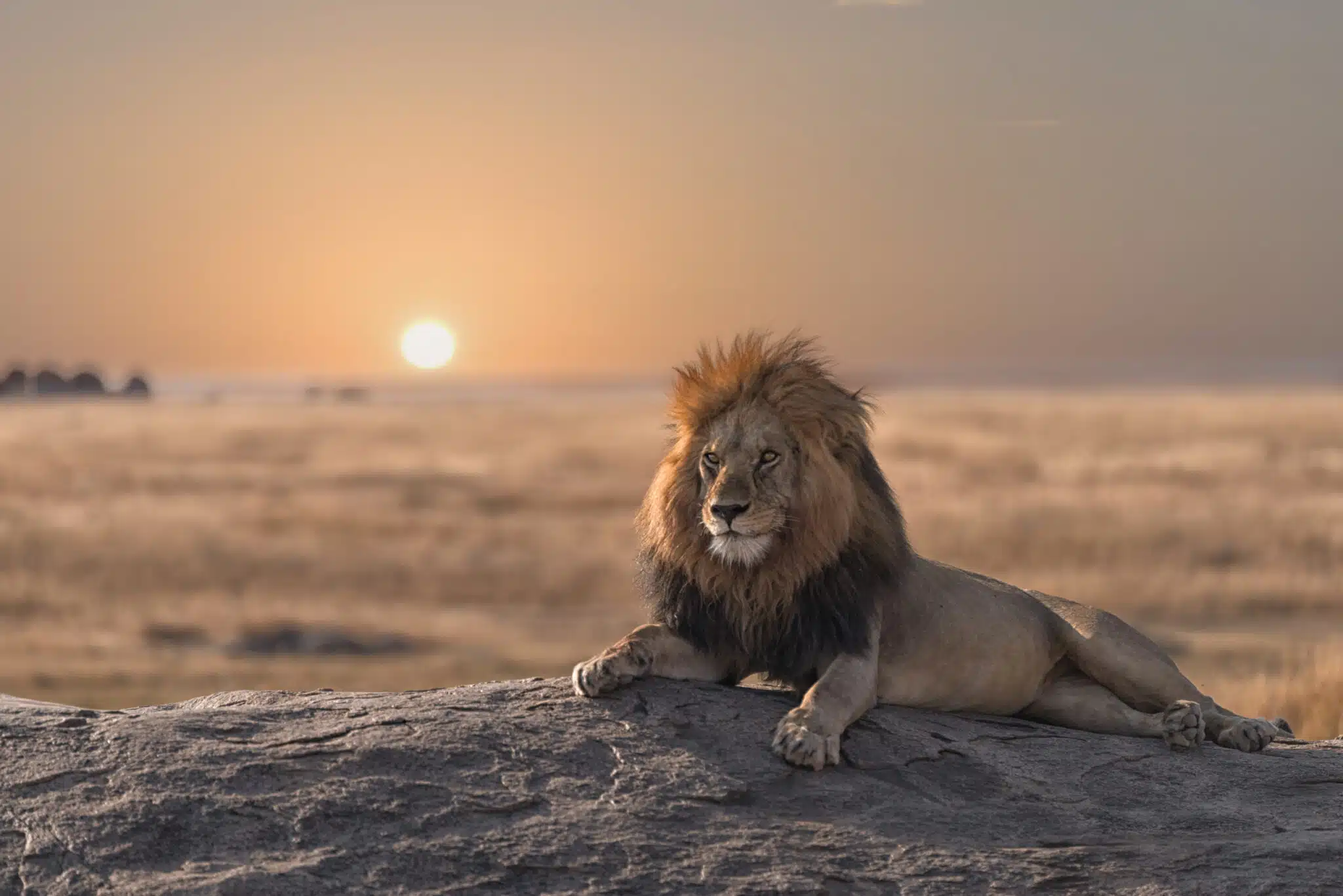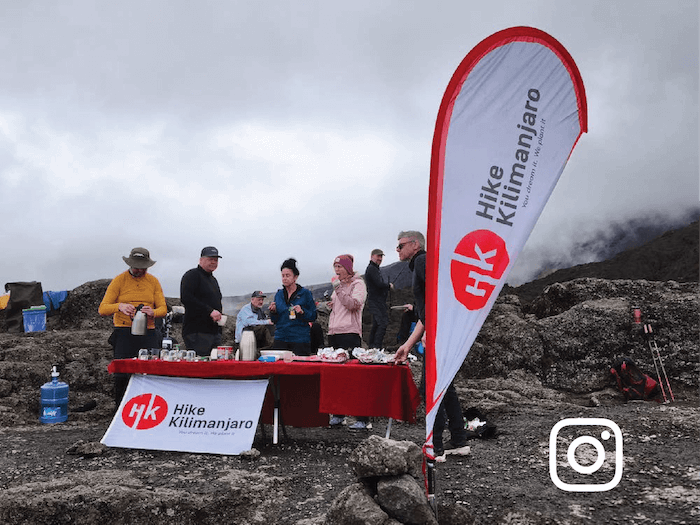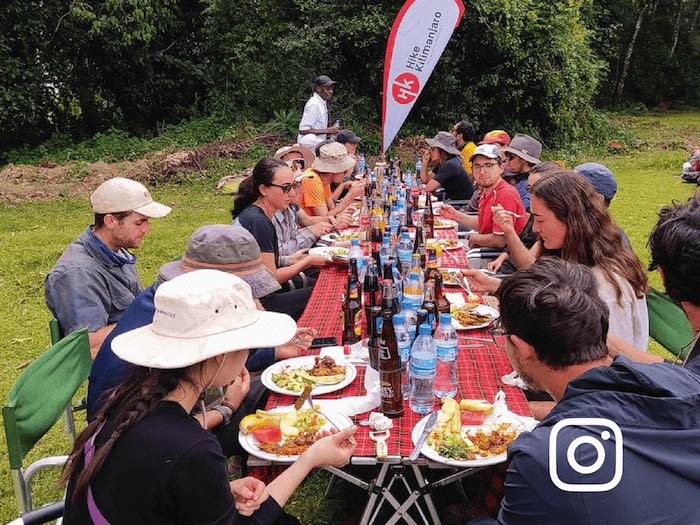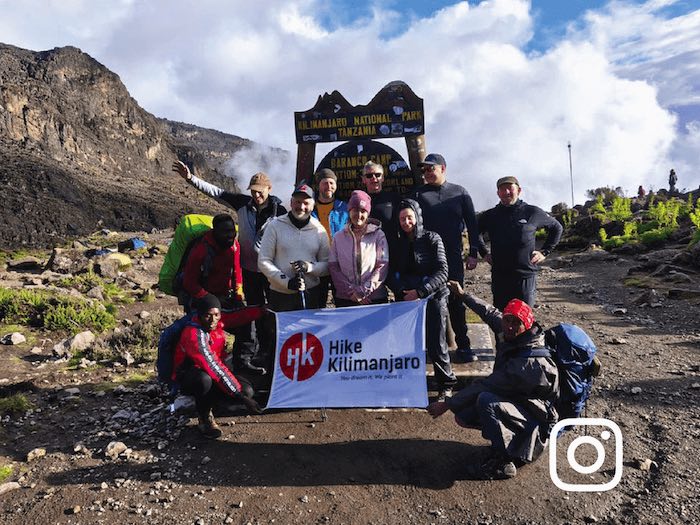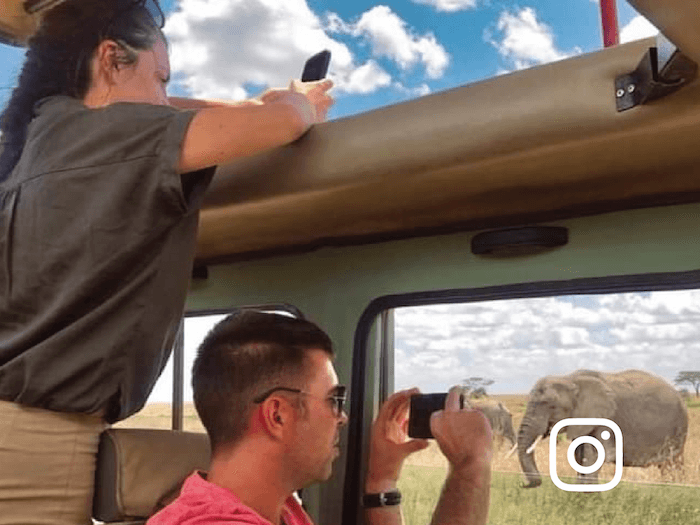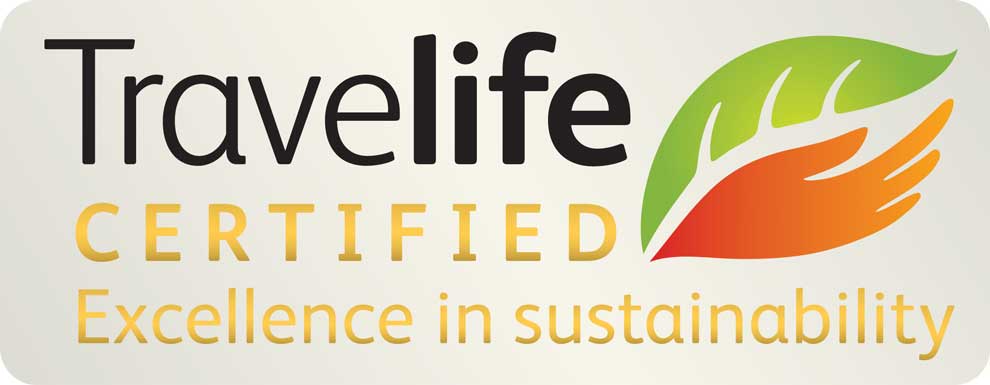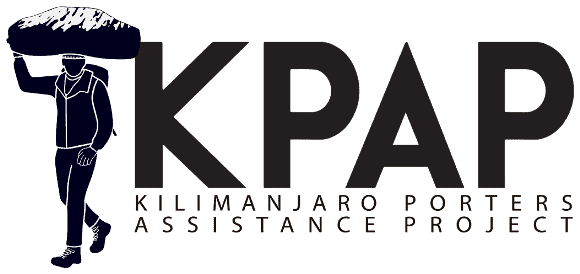Everything You Needs to Know
Tanzania Travel Tips
If you’re heading to Tanzania be sure to check out these Tanzania travel tips before you go to ensure the perfect African trip.
What travel documents do you need to enter Tanzania?
Plan your dream trip with our expert Tanzania travel tips – from safari essentials and packing advice to cultural etiquette, safety, and best travel times. Make every moment unforgettable
If you’re planning a safari or holiday in Tanzania, you’ll need the proper travel documents to enter the country. A valid passport and a tourist visa are required for most travelers, including citizens of the United States, United Kingdom, European Union, Canada, Australia, and New Zealand. Your passport must be valid for at least six months beyond your intended stay. You can obtain a visa before departure from a Tanzanian embassy or on arrival at major entry points, including Kilimanjaro International Airport, Dar-es-Salaam International Airport, Zanzibar International Airport, and the Namanga land border (Tanzania–Kenya border).
The visa on arrival process in Tanzania is simple and straightforward. The visa fee is $100 for U.S. citizens and $50 for most other nationalities, payable only in U.S. dollars (cash). No other currency or credit card is accepted. Upon arrival, follow the signs use the right-hand line to purchase a visa, and the straight-ahead line if you already have one. To complete the process, fill out the visa application form, present your passport, and pay the fee. Expect to go through three quick lines at immigration. For a smooth entry, bring exact change, carry your travel itinerary, and double-check your passport validity before departure. For more detailed information, check our full Tanzania Travel Guide.
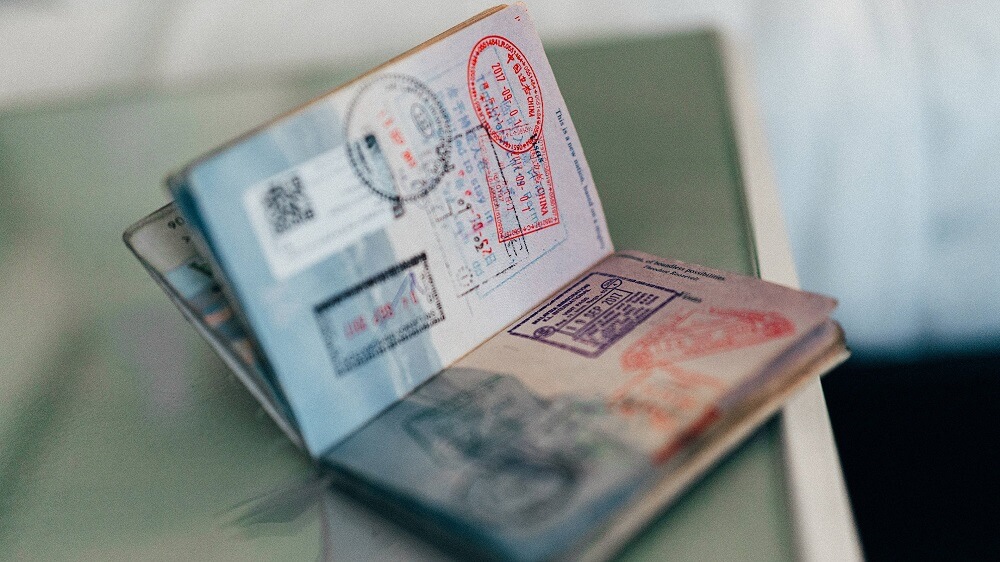
What vaccinations are required for travel to Tanzania?
If you’re planning a safari or Kilimanjaro climb in Tanzania, it’s important to understand the recommended vaccinations and health precautions. While no vaccinations are legally required for entry into Tanzania (unless arriving from a Yellow Fever endemic country), the U.S. Centers for Disease Control and Prevention (CDC) recommends several immunizations. These include Yellow Fever (required only if traveling from an infected area), Malaria prophylaxis, Typhoid, Hepatitis A and B, and Rabies. Routine vaccinations such as MMR (measles, mumps, rubella), DPT (diphtheria, pertussis, tetanus), and Polio should be up to date before traveling.
For high-altitude trekking, such as climbing Mount Kilimanjaro, consider bringing Diamox (for altitude sickness) and Cipro (a powerful anti-diarrheal), both of which require a prescription. Always consult your healthcare provider or a certified travel clinic for personalized medical advice. We strongly recommend a full medical check-up before your trip to assess any underlying health risks, especially for treks involving altitude. Please note: the minimum age for Kilimanjaro climbs is 16, and climbers aged 65 or older must present a doctor’s certificate confirming their fitness for high-altitude trekking. For more travel health tips and packing suggestions, visit our full Tanzania Travel Guide.
Do I need travel insurance for Tanzania?
Travel insurance is mandatory. Travel insurance provides you with coverage against unforeseen circumstances. Deposits are nonrefundable upon trip confirmation, and balance payments are nonrefundable within 30 days of the trip start date. Therefore, having travel insurance is a smart and practical way to protect your Tanzania safari or Kilimanjaro trek, even if it was not required.
Travel insurance may cover your trip costs if you have to cancel your trip due to the following situations:
- Flight delays or cancellations
- Injury, illness or other medical conditions
- A death in the family
- Loss of employment
Other items that are reimbursed by travel insurance:
- Lost or delayed luggage
- Traveling expenses
- Hospital costs
- Evacuation
You must have a valid travel insurance policy in order to participate on our climbs. Travel insurance should cover high-altitude trekking (not mountaineering) up to 6,000 meters, as well as medical and repatriation costs and trip cancellation. Furthermore, having travel insurance automatically qualifies you for AMREF’s Flying Doctors evacuation coverage, which is included in your trip. Without travel insurance, helicopter evacuation and emergency medical treatment may be denied. Therefore, it is very important that you acquire comprehensive travel insurance before your journey.
Do I need to exchange money to Tanzanian shillings?
U.S. Dollars are widely accepted throughout Tanzania, especially at hotels, safari lodges, national parks, and with tour operators. Therefore, it is not necessary to exchange your money into Tanzanian Shillings for most major transactions.
However, if you plan to make small purchases such as souvenirs, snacks, or tips, using Tanzanian Shillings (TZS) will give you a better value. Local vendors often round up prices when you pay in USD, so having some local currency on hand can help you save money and avoid overpaying in markets or rural areas.
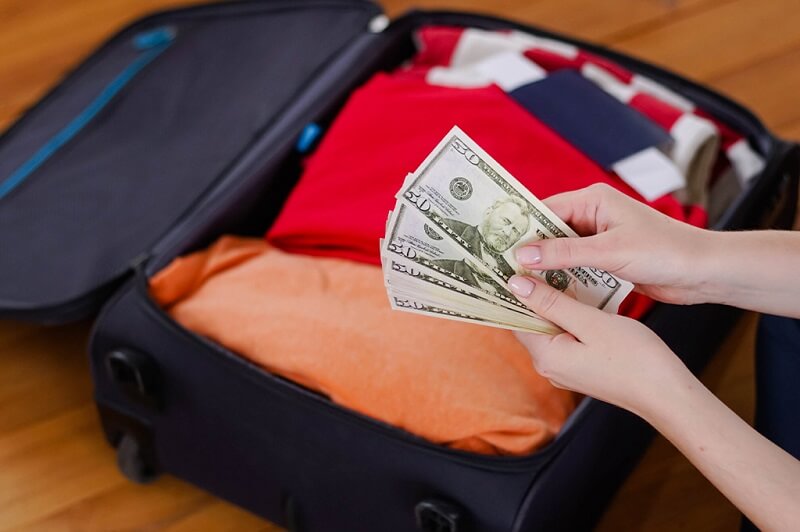
Tipping in Tanzania
Tipping your Kilimanjaro trekking team and safari staff is customary in Tanzania, though not mandatory. These tipping guidelines are designed to help you determine a fair and respectful amount for your mountain crew and guides based on service quality and team size.
The total number of support staff depends on the size of your group, the route chosen, and the number of trekking days. We will inform you of the team composition in advance so you can prepare your tips accordingly. The amounts suggested below reflect average tips for good service, but it’s perfectly acceptable to give more or less depending on your experience.
Tipping guidelines for trekking team
- Lead Guide: $20–$25 per day
- Assistant Guides: $15–$20 per day
- Cook: $15–$20 per day
- Porters: $8–$10 per day
Most climbing groups prefer to pool their tips together and decide collectively how to distribute them. However, individual tipping is also fine for smaller or private climbs. Tipping is usually done during a farewell tipping ceremony on the last day of the trek. Tips should be given in U.S. Dollars, and smaller denominations are preferred to make it easier for staff to divide the amounts.
Tipping on safari in Tanzania
Tipping on a Tanzania safari is a common way to show appreciation for excellent service. The general guideline for tipping your safari driver-guide is between $5–$10 per person, per day. For example, on a 5-day private safari with 2 guests, the total tip for the driver would typically range from $50 to $100.
If you’re traveling in a small group or as a couple, tipping at the higher end of $10 per person per day is recommended. For larger groups of 4 or more guests, tipping closer to $5 per person per day is considered appropriate. Tipping in U.S. Dollars is standard, and it’s helpful to carry smaller denominations for convenience.

Tipping to other people
You will find that there will be people helping you various times during your trip.
For example, there may be a person at the airport helping you carry your baggage, at the lodge, someone will bring your bags from the lobby to your room, someone will bring your bags from your room to the lobby, and then from the lobby to the taxi. If you have 3 bags, it is not unusual for there to be 3 people, with each one carrying only one bag. You may end up tipping each person $1 USD.
Where do the trips begin in Tanzania?
At Hike Kilimanjaro, our trips begin in Arusha and Moshi, two key destinations in Tanzania. Moshi, located on the lower slopes of Mount Kilimanjaro, offers a convenient starting point for those trekking the mountain. Arusha, on the other hand, is ideally positioned as the gateway to northern Tanzania’s top national parks, making it a popular base for safari trips.
Kilimanjaro International Airport (JRO): The most convenient way to arrive in Tanzania is by flying into Kilimanjaro International Airport (JRO), located just a short drive from both Arusha and Moshi. Upon arrival, our team at Hike Kilimanjaro will pick you up and transport you to your hotel. Detailed contact information and meeting instructions will be shared with you upon booking.
Arusha Airport (ARK): For those already in Tanzania or nearby countries, Arusha Airport (ARK) is a smaller airport offering limited flight options. If you’re traveling from Zanzibar or nearby countries, this may be a suitable alternative.
Jomo Kenyatta International Airport (NBO): Some clients prefer to arrive in Nairobi, Kenya, and take a shuttle bus to Arusha or Moshi. The shuttle to Arusha costs around $50 USD and takes about 4-5 hours, while the bus to Moshi costs around $75 USD and takes 6-7 hours. Alternatively, we can arrange private transportation from Nairobi’s Jomo Kenyatta Airport to Arusha or Moshi for an additional fee.
Direct Flights to Kilimanjaro Airport: The following airlines offer direct flights to Kilimanjaro International Airport (JRO):
- KLM: Amsterdam to Kilimanjaro
- Condor: Frankfurt to Kilimanjaro
- Turkish Airlines: Istanbul to Kilimanjaro
- Kenya Airways: Nairobi to Kilimanjaro
- Precision Air: Nairobi to Kilimanjaro
- Qatar Airways: Doha to Kilimanjaro
- Ethiopian Airlines: Addis Ababa to Kilimanjaro
- RwandAir: Kigali to Kilimanjaro
Alternative Routes: If you cannot find direct flights to Kilimanjaro, consider flying into Dar es Salaam or Nairobi (Kenya), then connecting to Kilimanjaro. Nairobi offers more frequent flights and competitive pricing, with Kilimanjaro being closer than Dar es Salaam.
Domestic Flights within Tanzania: The following airlines operate domestic flights within Tanzania:
- Precision Air
- Air Tanzania
- Fly540
- Regional Air
- Zan Air
- Coastal Aviation
- Air Excel
Safari accommodations in Tanzania
On a Tanzania safari with Hike Kilimanjaro, accommodations typically combine luxury lodges and tented camps for an unforgettable experience in the heart of nature. Lodges offer rooms with complete bathroom amenities, while permanent tented camps provide similar comforts, blending adventure with relaxation. Mobile camps may feature private en-suite facilities or shared bathroom and shower tents, depending on the location.
While staying on safari, you won’t find TVs or phones with outside lines unless you’re in a major city. Electric lighting is provided by generators, typically available in the early morning and from dusk until 10–11 PM. This setting allows you to fully immerse in the natural surroundings while maintaining comfort.
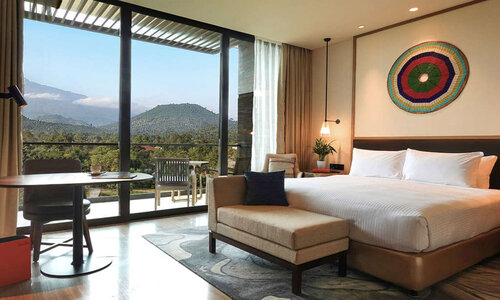
Food on safari in Tanzania
The food on safari in Tanzania is both delicious and diverse, ranging from simple meals to gourmet experiences. You can expect plenty of fresh fruits and vegetables, as well as homemade soups. Chicken, lamb, beef, pork, and fish are commonly served for lunch and dinner, alongside vegetarian dishes to accommodate all dietary preferences.
For breakfast, enjoy a buffet featuring tropical fruits, hot and cold cereals, bacon, sausages, mushrooms, bread, pastries, and eggs made to order. Lunch is either served as a buffet or at the table, always starting with a warming soup. Dinner is typically a 4 or 5-course sit-down meal, though there’s no need to dress up. Your safari guide often joins you at meals, giving you a chance to reflect on your day’s adventure.
Climate in Tanzania
Northern Tanzania enjoys one of the world’s most pleasant climates year round. With an elevation of 5000 ft. in Arusha and even higher atop the plateau of the Great Rift Valley. The daytime temperatures are normally in the high 70’s to mid 80’s and from the mid 50’s to low 60’s in the evenings and mornings. Southern and coastal Tanzania tend to get much warmer and
Northern Tanzania boasts one of the world’s most pleasant climates year-round. With Arusha situated at an elevation of 5,000 feet and even higher elevations atop the Great Rift Valley plateau, the climate is ideal for travelers. Daytime temperatures typically range from the high 70s to mid 80s°F, while evenings and mornings are cooler, ranging from the mid 50s to low 60s°F.
In contrast, southern and coastal Tanzania tend to be warmer and can become quite humid depending on the season. While there are two rainy seasons, the sun shines throughout the year. Travel can be more challenging during the long rainy season in April and May, but the short rains in November and December are generally manageable, with brief showers typically occurring in the late evening.
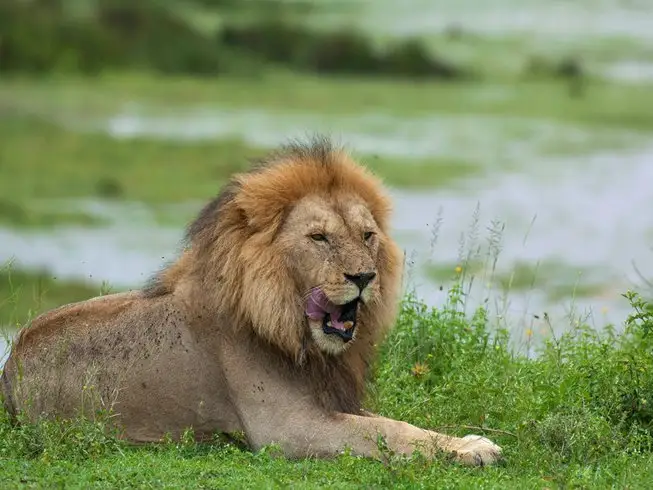
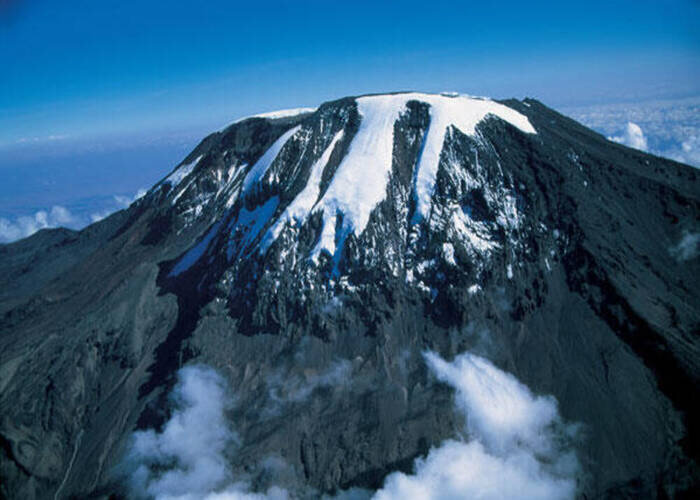
The best time to go Tanzania
The best time for a safari in Tanzania is generally from June to October and November to March, excluding the “big rains” in April and early May. If you’re hoping to witness the Great Migration, these months offer the best opportunities. The herds are typically found in the Serengeti during this period, with the migration moving to Kenya’s Maasai Mara by August and returning to Tanzania by early November.
Safari patterns can fluctuate depending on the season and the availability of food. For example, during the dry season (July–October), large concentrations of up to 6,000+ elephants and various other animals migrate to Tarangire National Park, gathering near the Tarangire River for water.
Bottled and alcoholic beverages in Tanzania
Diet sodas are seldom available in Tanzania. Wine, beer, extra bottled water, sodas and alcoholic beverages are available at all camps and lodges and are usually not included in the trip price. Beer and sodas are inexpensive but premium spirits can be pricey so you may want to bring your favorite with you
Clothing on safari in Tanzania
When preparing for a safari in Tanzania, comfortable and casual clothing that is lightweight and easy to care for is essential. Early mornings can be quite cool, so it’s a good idea to dress in layers until the sun warms the air. Kenya Convertibles, khaki pants with zip-off legs, are perfect for early morning game drives that turn warm before you return to camp. Walking shorts, long pants, cotton shirts, and tees are ideal for the rest of the day.
For ladies, it’s important to note that shorts are generally not accepted on the streets in many parts of Africa. A cotton bush jacket or windbreaker will be useful, along with a warm sweater or fleece jacket for cooler nights. A hat that ties on is essential to protect from the sun. While long walking or hiking isn’t typically required on most safaris, a comfortable pair of walking shoes or tennis shoes and a pair of sandals are sufficient. Thorn-proof soles are also recommended to protect your feet during walks.
Exercise in Tanzania
While on safari in Tanzania, opportunities for traditional exercise like jogging are limited due to safety concerns and time constraints. Most lodges and camps are located in remote areas surrounded by wildlife, and for your protection, walking away from the grounds is not permitted. That said, some light exercise within lodge or camp areas may be possible, and we aim to include safe walking experiences where allowed and appropriate.
Walking in Tanzania’s national parks requires special permission and is typically conducted under the supervision of an armed ranger. This ensures both safety and compliance with park regulations. If staying active during your safari is important, be sure to speak with our team at Hike Kilimanjaro in advance we can recommend safari options that include guided nature walks and light activity-friendly lodges.
Shopping in Tanzania
Shopping in Tanzania offers a rich cultural experience with a wide range of authentic African souvenirs. In major cities like Arusha and Moshi, you’ll find high-quality craft shops and galleries selling traditional items such as basketry, batiks, beadwork, tribal masks, and hand-carved wood sculptures. Hotel gift shops, safari lodges, and camps also feature curated collections of locally made crafts, making it easy to find memorable gifts and keepsakes.
For travelers who enjoy bargaining, local markets are vibrant and full of life, offering a chance to engage with Tanzanian culture while hunting for unique treasures. However, it’s best to carry your purchases home as international shipping from Tanzania is unreliable and often expensive. Most airlines allow souvenirs as part of your luggage, though you may be charged for overweight items. For a hassle-free shopping experience, Hike Kilimanjaro recommends buying from reputable shops with fixed prices, especially for those who prefer to avoid haggling.
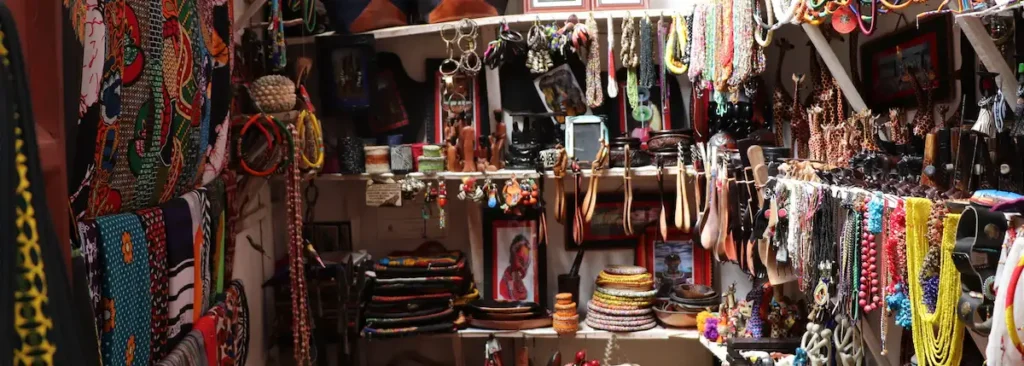
Water in Tanzania
Staying hydrated is essential while traveling in Tanzania, especially during safari excursions or trekking adventures. The warm climate and active days can lead to dehydration if you’re not drinking enough fluids. For your safety and comfort, bottled drinking water is provided daily in your lodge room or safari tent and is also stocked in all Hike Kilimanjaro safari vehicles for use during game drives.
We recommend drinking at least 2–3 liters of water per day and avoiding tap water, ice, or unsealed beverages to prevent any stomach discomfort. Whether you’re on the move or relaxing at camp, clean, safe water is always within reach to ensure a healthy and enjoyable experience throughout your journey in Tanzania.
Language in Tanzania
Kiswahili (Swahili) is the national language of Tanzania and is widely spoken throughout the country. While traveling with Hike Kilimanjaro, you’ll naturally pick up a few friendly phrases like “Habari Gani” (How are you?) or “Twiga” (Giraffe), enriching your safari experience with a touch of local culture.
English is also an official language and is commonly spoken in major towns, lodges, and by all professional safari staff. All Hike Kilimanjaro guides are fluent in English, ensuring clear communication throughout your journey. Additionally, upon special request, we can provide multilingual guides who speak French, German, or Spanish to enhance the experience for our international guests.
Children on safari in Tanzania
Children are welcome on safari in Tanzania, and many lodges and mobile camps are family-friendly. At Hike Kilimanjaro, we encourage family travel and will inform you in advance of any age-related restrictions at specific accommodations or parks. Many families bring children as young as five years old to enjoy the unforgettable wildlife experience.
For game drives, if you’re traveling with more than one child, a separate safari vehicle may be required to ensure comfort and safety. Our team will help arrange suitable accommodations and logistics to create a seamless and exciting safari experience for the whole family.
Electricity in Tanzania
Tanzania operates on a 220-volt electrical system, but due to its colonial history, the outlet types can vary. To ensure your devices stay powered, it’s essential to bring a Universal Travel Adapter. Most lodges and camps have standard UK-style three-pin plugs, but having an adapter guarantees compatibility.
If you’re staying in a permanent tented camp where outlets are not available inside your tent, power outlets will usually be accessible in the main lodge or bar area for charging devices like cameras and phones. For added convenience during game drives, you may also bring a car charger with a cigarette lighter adapter, allowing you to charge your equipment while on the move.
At Hike Kilimanjaro, we recommend checking your electronics in advance and packing extra batteries or a portable power bank to ensure your devices stay charged throughout your adventure.
Gifts
Tanzania, like many developing countries, has communities where help is appreciated. While begging is not widespread, your safari vehicle may attract curious children in rural areas. We kindly ask that you do not give money or sweets, as this can encourage dependency and begging behavior.
Instead, consider bringing small, thoughtful gifts that are culturally appropriate and promote positive interactions. Items like T-shirts, hats, school supplies, or even magazines can be shared in a spirit of friendship and appreciation. Gift-giving should always be done respectfully and ideally through a local guide or community liaison.
At Hike Kilimanjaro, we encourage guests to support local schools, health initiatives, and community development projects. Many of our ground partners are actively involved in these efforts. If you would like to contribute—whether through supplies, donations, or sharing your professional skills—please contact us for guidance on how to make a meaningful impact.
Traveling on your own
Tanzania is a vast, untamed land with a well-regulated tourism industry, but it’s not a country where independent travel is easy or advised—especially for safaris. Unlike destinations such as South America or South Africa, exploring Tanzania on your own is not recommended due to logistical challenges and safety concerns.
Travelers require a 4×4 safari vehicle, along with national park permits, camp permits, and confirmed lodge reservations. Additionally, navigating wildlife areas alone can be dangerous due to encounters with wild animals and remote terrain. For a safe, enjoyable experience, it’s best to book with a reputable local operator like Hike Kilimanjaro, who can manage all logistics and provide expert guidance every step of the way.

